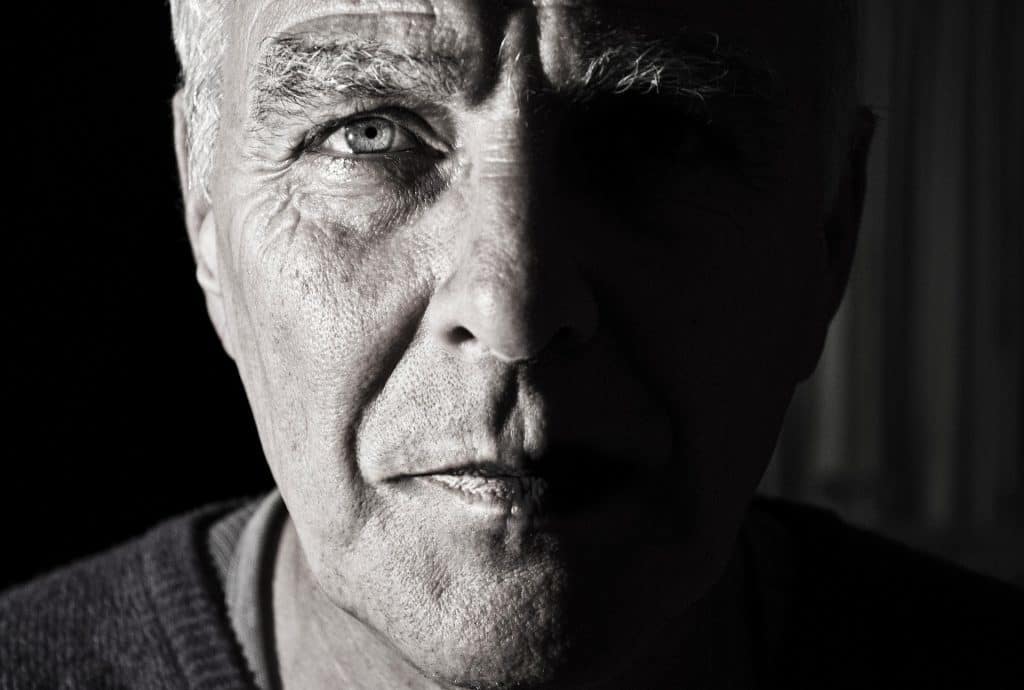How to Survive a Breakup with an Addict and Heal Your Heart https://tinybuddha.com/blog/how-to-survive-a-breakup-with-an-addict-and-heal-your-heart/
It’s official – therapy can change your personality traits
Your personality is not fixed you are in the process of becoming who you are
As a psychotherapist I learned and have told my clients that their personality is not fixed and that they are in a process of becoming who they are in every moment.
On the BBC Radio 4 program “All in the Mind” Professor Brent W. Roberts of the University of Illinois Department of Psychology spoke about his research paper “A Systematic Review of Personality Train Change Through Intervention”.
From the Abstract
Interventions were associated with marked changes in personality train measures over an average time of 24 weeks.
Emotional stability was the primary trait domain showing changes as a result of therapy, followed by extraversion.
The type of therapy employed was not strongly associated with the amount of change in personality traits.
Patients presenting with anxiety disorders changed the most, and patients being treated for substance use changed the least.
Attachment to who we believe we are is not helpful
The results of this study agree with my beliefs that we are all in a process of becoming who we are, and actually, an attachment to who we believe we are can be detrimental to just accepting ourselves.
The type of therapy is not important it is the relationship that matters
The specific type or approach of the counselling or psychotherapy is not important in helping the client, the therapeutic relationship is most important.
Mindfulness Group Therapy MGT is as good as Cognitive Behavioural Therapy CBT

Article in PsychCentral
An article by Traci Pedersen in PsychCentral reports that researchers at the Centre for Primary Health Care Research (CPF) in Malmo, Sweden in collaboration with Lund University have found Mindfulness Group Therapy MGT just as effective as individual CBT (Cognitive Behavioural Therapy) for a wide range of psychiatric symptoms including depression, anxiety, obsessive-compulsive symptoms, aggression and paranoid ideation.
How were psychiatric symptoms measured?
Researchers looked at a wide range of psychiatric symptoms (measured by several types of questionnaires) and studied how these symptoms responded to treatment, either with mindfulness in group therapy or individual CBT.
They found that the average score for all 15 different subscales/indexes in the various questionnaires decreased significantly in both scales. The various scales measured, among others, symptoms of depression, general anxiety, stress and somatization, obsessive-compulsive disorder, interpersonal sensitivity, aggression, phobic anxiety, paranoid ideation, and psychoticism.
They found no difference in treatment outcomes between the two groups.
How many patients and which area. The study was an eight-week randomised controlled trial involving 215 patients from 16 different healthcare centres across Scania in southern Sweden. Psychiatric symptoms were measured by several types of questionnaire. The new findings are published in the journal European Psychiatry.
“Our new research shows that mindfulness group therapy has the equivalent effect as individual CBT for a wide range of psychiatric symptoms that are common among this patient group,” says Professor Jan Sundquist, who led the research group in the study which has been published in European Psychiatry.
Contemplative Counselling and Psychotherapy

Treating the cause or the symptoms
I like what Karen Kissel Wegela says in her piece in the Lion’s Roar about basic sanity and neurosis; You’re Basically Good – The Benefits of Contemplative Psychotherapy. I was taught that given the right conditions we as human beings move towards health. There is so much talk about sickness and treating the symptoms that the causes seem to be forgotten about.
Using Brilliant Sanity
In her presentation of what she calls “contemplative counselling and psychotherapy” there is a focus on the inherent sanity which she also refers to as Brilliant Sanity. The contemplative therapist uses their capacity to hold clarity, compassion, mindfulness and awareness. Karen says Thich Nhat Hanh says that we are “inter-are” when in relationship and explains that there is an exchange between the present experience of the therapist and the client. Our “ego” tries to hold onto a separate abiding sense of self, this is doomed to failure as we are always changing. Brilliant Sanity does not always stay with the therapist, this is where the challenge is for the therapist to be vulnerable and let the client hold the brilliant sanity sometimes.
Easing the pain through loving kindness
Of course the past has an importance in the therapy work but the emphasis once again is on enquiry – why is the past that happened in the past manifesting in the present? Karen talks about the Buddhist teaching of that there is pain in life, but we add unnecessary suffering by trying to hold onto our sense of who we are. What eases the pain is loving kindness which can be towards ourselves and others. Repressing emotions only gives rise to them bursting out inappropriately. The therapeutic relationship needs to be robust and have enough trust within it to allow the repressed emotions to be processed. Karen also champions the value of the therapist having a mindfulness based meditation practice. The practice develops the ability for the therapist to be more friendly with their own issues, and once again the shared experience of this with the client promotes the clients’ ability to hold their issues with non-judgemental mindfulness, awareness, curiosity and compassion.
Mindfulness Therapy better than anti-depressants.
 Clinical trials of psychotherapy using mindfulness with anti-depressants have shown that therapy using mindfulness on its own produces better results.
Clinical trials of psychotherapy using mindfulness with anti-depressants have shown that therapy using mindfulness on its own produces better results.
Larry Davidson Ph.D Professor of Psychiatry at Yale University refers in Mad in America an on-line magazine for Science,Psychiatry and Community to results published in The Journal Psychotherapy and Psychometrics: The Two-Sided Face of Anti-depressants: The Impacts of Their Use on Real-Life Affective Change during Mindfulness-Based Cognitive Therapy. Researchers from Maastricht University and University of Groningen found that the participants in a randomized control trial for MBCT who showed the greatest improvement were those who had not taken antidepressants.
“Since the generation of positive emotions is crucial in the initiation of a positive spiral towards recovery, long-term outcomes of this contingent inhibiting effect of antidepressants on psychotherapy outcome in terms of positive affect will have to be investigated in more detail in experimental set-ups”
the researchers conclude.
The researchers explain that antidepressants are known to reduce the neural processing of both rewarding and aversive stimuli, causing “emotional blunting,” and that this may prevent the generation of positive emotions that are essential for therapy.
“If our findings are replicated it would implicate that the sequential addition of psychotherapy to antidepressants could be less efficient than discontinuing antidepressants before/during receiving psychotherapy especially for improving long-term outcomes.”
Mindfulness – alternative life style choice or a powerful therapy
Dawn Foster of the Guardian in her piece “Is mindfulness making us ill?” of 23rd January discusses the explosion of interest in mindfulness courses as a technique of choice popular to employers. Mindfulness courses range from smart phone apps to three day mindfulness as part of a training programme. Dawn refers to a number of cases where side-effects have profoundly effected peoples lives leaving them disturbed, open, and vulnerable.
She states that there are dangers in way that mindfulness is marketed as an alternative lifestyle choice rather than a powerful form of therapy. The Karuna Institute a UKCP member led by Maura Sills provides an accredited psychotherapy training using mindfulness. Mindfulness has been taught and used in therapeutic relationship within Core Process Psychotherapy for thirty years.


